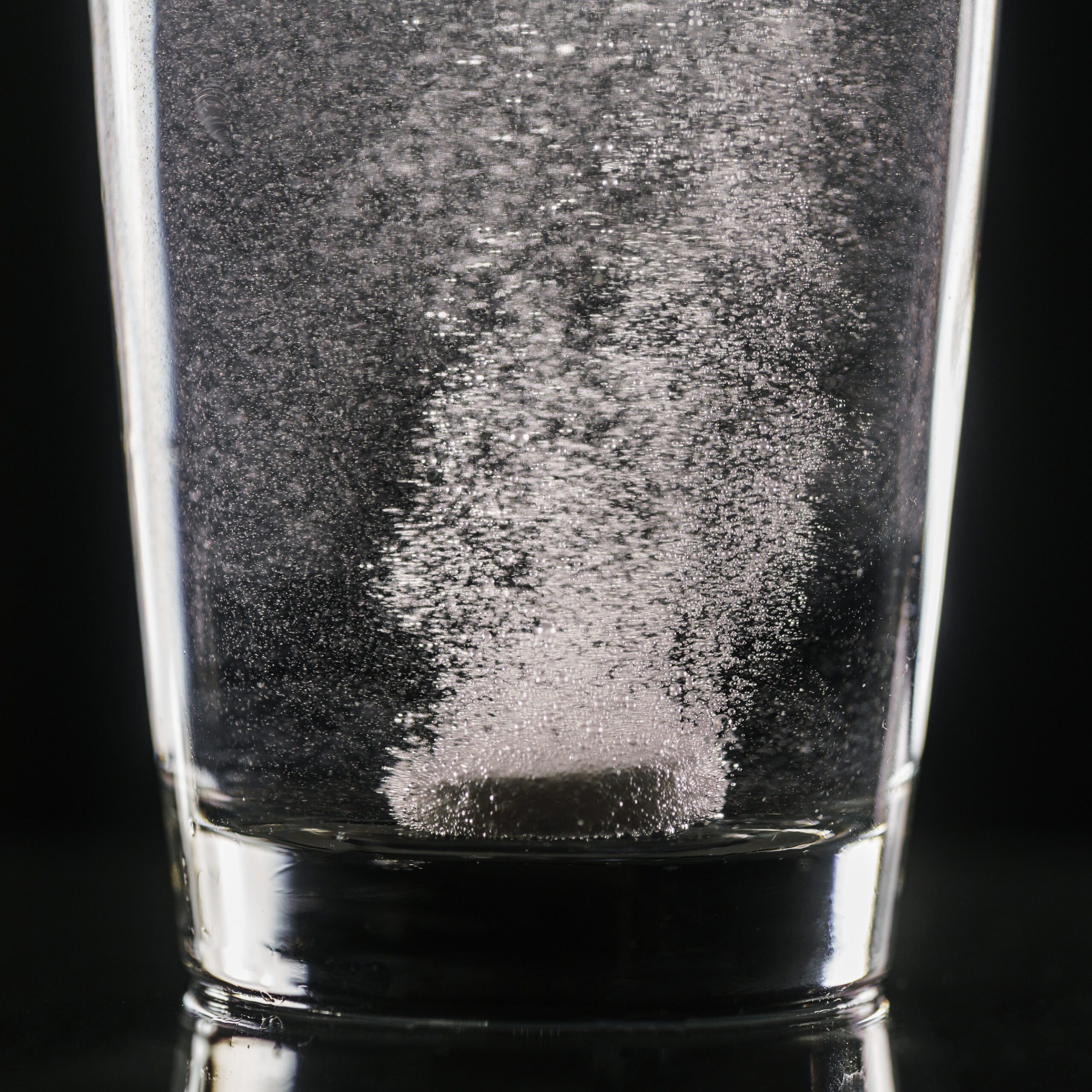
Heartburn Can Be Serious, but Antacids Only Spell Trouble for Your Health and Digestion
Most people have experienced heartburn and think it’s no big deal. But back when I filled prescriptions every day at a local pharmacy, I remember the people who came in suffering from chronic heartburn. There was one guy who would buy Maalox two cases at a time! He was never without a bottle. I remember seeing him take swigs of it right out of the bottle – YUCK.
Can you see that people often develop dependencies on antacids? And let me tell you, the drug companies are cashing in. Antacids are the biggest selling over-the-counter drugs in the country. People are popping (or slurping) Tums… Rolaids… Mylanta… Maalox… and more just like its candy! Like many drugs used today, antacids don’t treat the underlying cause of the problem. In fact, they’ll make your heartburn worse!
Chronic heartburn (known in antacid ads as gastro esophageal reflux) is rampant. That feeling of a lump in the throat… pain in the chest… or burning in the stomach afflicts more than 60 million American adults every month (according to the International Foundation for Functional Gastrointestinal Disorders). And for people over 40, more than half experience heartburn monthly.
Resist Reaching for the Antacids
I’m going to show you how to prevent heartburn. However, even if you do get a case of it, you don’t have to resort to taking antacids. Antacids will temporarily suppress the symptoms of heartburn by neutralizing acid in your stomach for up to an hour.
That’s fine for the moment, but your stomach may respond an hour later by producing even more acid, which causes you to reach for more antacids. That’s how millions of adults develop dependencies on antacids. Today, you need to be more careful than ever because prescription antacids are available to give you a stronger dose of exactly what you don’t need.
Besides acid rebound, take a look at the other ways that an antacid can impair your health:
Too Much Acid is NOT the Problem
If you want to improve your health and digestion, stop thinking of stomach acid as your enemy. Besides being critical to digestion, the acid in your stomach in one of your front-line defenses against harmful bacteria. The pharmaceutical industry doesn’t want you to know this, but the truth is: Heartburn is rarely caused by too much stomach acid.
The drug companies want to you to take a medicine that neutralizes stomach acid for a problem that’s often caused by too little stomach acid in the first place! You heard me right. As you get older, your body may produce less stomach acid. Without enough stomach acid, the food sits, and sits, and sits. The longer food sits undigested in the stomach, the better the chance it will be “refluxed” back up to irritate the esophagus – the real source of your heartburn pain! That feeling of having something stuck in your throat is a sure sign of too little stomach acid.
What Really Causes Heartburn Pain?
Your stomach uses powerful acids to prepare food for its journey though the small intestine. A thick layer of mucus protects the stomach lining very effectively from this acid. (Ulcers are created when something interferes with the pro- duction of this mucus).
The action of swallowing opens the sphincter-like muscle separating your esophagus from your stomach. Normally, this muscle opens to allow food to pass – and then it snaps tightly shut. However, drugs… stress… pregnancy… obesity… age… and even some foods can weaken or relax this muscle allowing stomach acid and digestive enzymes to “reflux” back up into the esophagus.
Your poor esophagus is not designed to handle stomach acid! It has no mucus lining – it burns! That’s why you experience heartburn pain. Please don’t ignore chronic heartburn because it can permanently damage your esophagus. If the esophagus is repeatedly irritated, its sphincter-like muscle often becomes permanently weak, leading to chronic heartburn.
So, there are two factors at work: First, your digestion may not be in tip-top shape due to a shortage of stomach acid. This alone doesn’t give you heartburn pain, but in increases your chance of getting it. The second factor is that the muscle separating the esophagus from your stomach may be malfunctioning. Let’s look right now at simple steps you can take to stop that malfunction – and prevent heartburn!
How You Can Prevent Heartburn

A new study suggests that a widely used sugar substitute found in diet sodas, chewing gum, and low-sugar yogurt may elevate insulin levels. This could increase the long-term risk of heart disease. “Artificial sweeteners have infiltrated nearly all types of food, making it crucial to understand their long-term health effects,” said Yihai Cao, senior author […]

Diet Coke has long been a fan-favorite among soda lovers who want a fizzy, guilt-free alternative to traditional soft drinks. While its zero-calorie, zero-sugar label makes it seem like a healthier option, the reality is far more concerning. Despite its undeniable popularity, Diet Coke’s nutritional profile has raised red flags among health experts for years. […]

New study shows that embracing an anti-inflammatory, plant-forward diet can support cognitive function and help reduce the risk of dementia. What You Eat Shapes Your Brain The food you eat doesn’t just impact your body—it also affects your brain. Research suggests that eating an anti-inflammatory, plant-based diet can help improve memory, focus, and overall brain […]